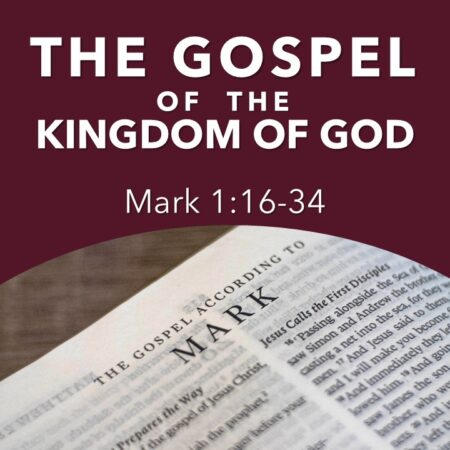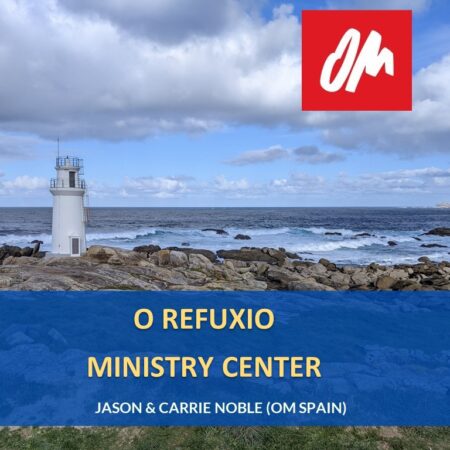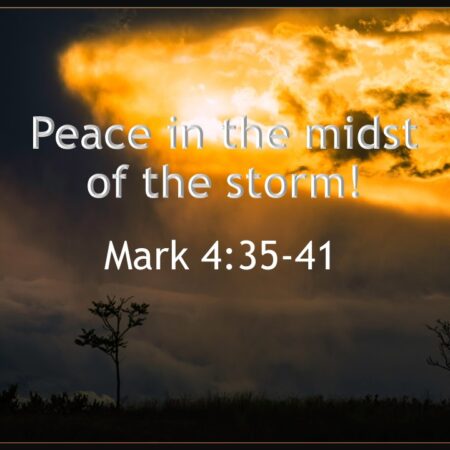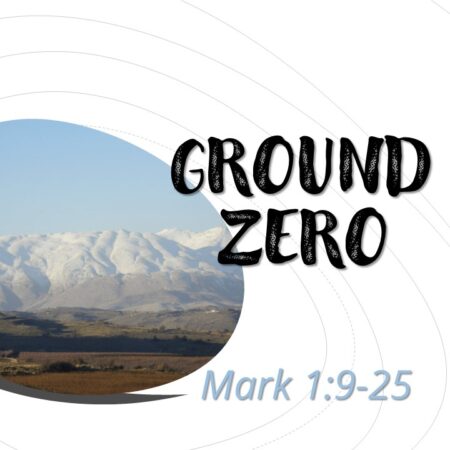Romans 1:16 Luke 4:18 Mark 1:16-34 Matthew 16:28; 17:1-8 Luke 11:14-26 Galatians 1:6-10 1 Corinthians 6:1-3 Colossians 1:9-14
Sermons on Mark
Matthew 14:13-21 Mark 6:31-44 Luke 9:10-17 John 6:1-15 Psalm 20:7 1 Corinthians 1:28-30
Mark 4:35-41 Mark 4:1-34 Mark 1:2128 Luke 7:1-10
Chuck Swindoll in his commentary on Mark writes:
“Luke mentions Mark several times in Acts. A budding Jerusalem church meets in his mother’s home.
He starts the first missionary journey with Paul and Barnabas but goes home early. He later travels with Barnabas to Cyprus for more mission work. Then he ends up becoming significant in the life of Paul and is one of the last people the apostle mentions in his final letter to Timothy.
However, Mark’s most significant personal connection was the one he had with Peter, who was likely Mark’s source for the material in his Gospel. Mark’s mother’s house was a regular enough stop for Peter that one of the servants recognized him by his voice alone.
It also appears that Mark may have been present at Gethsemane, a young man watching the proceedings from a safe distance (Mark 14:51-52).
The evidence for this leads some scholars to believe that the Last Supper took place in Mark’s home.”
“Satan presumed power and ownership of something that, ultimately, was not his but God’s. The messaging behind Jesus’ answer is clear: Yahweh will TAKE THE NATIONS back by HIS OWN MEANS and in HIS OWN TIME. He does not need them to be given away in a bargain.
Jesus was loyal to his Father. Since reclaiming the nations was connected with salvation and redemption for the effects of the fall in Eden, accepting Satan’s offer would have undermined the necessity of the atonement of the cross.” Dr. Michael Heiser “The Unseen Realm”
In his newest book titled: “COLLISION COURSE” LTC Robert Maginnis writes:
“You cannot understand the anti-Christian movement today without first knowing about the enemy and the particulars of his strategy. The problem for many is that although the anti-Christian war may manifest itself in the visible domain, most of the real fight against Christians is waged in the invisible realm, which makes this such a hard fight to understand.
Yes, the battle Christians face today is a spiritual one, where fallen angels rule. Jesus wants us to understand that this fight is not one of just the physical realm, but o the spiritual, which REQUIRES FAITH. And, of course, as a result, one must be spiritually discerning to even “SEE” the overwhelming evidence of the ongoing battles.” LTC Robert Maginnis
Of course, Robert Maginnis has read and studied the old Chinese compilation of thousands of years of war experiences called
“SUN TZU, THE ART OF WAR”
“If you know the enemy and know yourself, you need not fear the result of a handful battles. If you know yourself but not the enemy, for every victory gained you will also suffer a defeat. If you know neither the enemy nor yourself, you will succumb in every battle.”
Dr. Michael Heiser
«Caesarea Philippi is adjacent to the Pharpar River. Noting this geography, we can see exactly where Jesus was when he uttered the famous words about “this rock” and the “gates of hell” to Peter.
Caesarea Philippi was located in the northern part of the Old Testament region of Bashan, the “place of the serpent” at the foot of Mount Hermon.
…This site was famous in the ancient world as a center of the worship of Pan and for a temple to the high god Zeus, considered in Jesus’ day to be incarnate in Augustus Caesar.
As one authority notes:
“More than twenty temples have been surveyed on Mt. Hermon and its environs. This is an unprecedented number in comparison with other regions of Phoenician coast. They appear to be the ancient cult sites of the Mt. Hermon population and represent the Canaanite/Phoenician concept of open-air cult centers dedicated, evidently, to the celestial gods.”
The reference in the quotation to ‘celestial gods’ takes our minds back to the “host of heaven” the sons of God who were put in authority over the nations at Babel (Deuteronomy 32:8-9) who were not to be worshiped by Israelites.”
Michael Heiser then summarized the entire quotation with these words:
“The “Rock” refers to the mountain LOCATION where Jesus makes the statement. When viewed from this perspective, Peter confesses Jesus as the Christ, the Son of the living God, at “this Rock” (Mount Hermon). Why? This place was considered the “gates of hell” the gateway to the realm of the dead, in Old Testament times.




